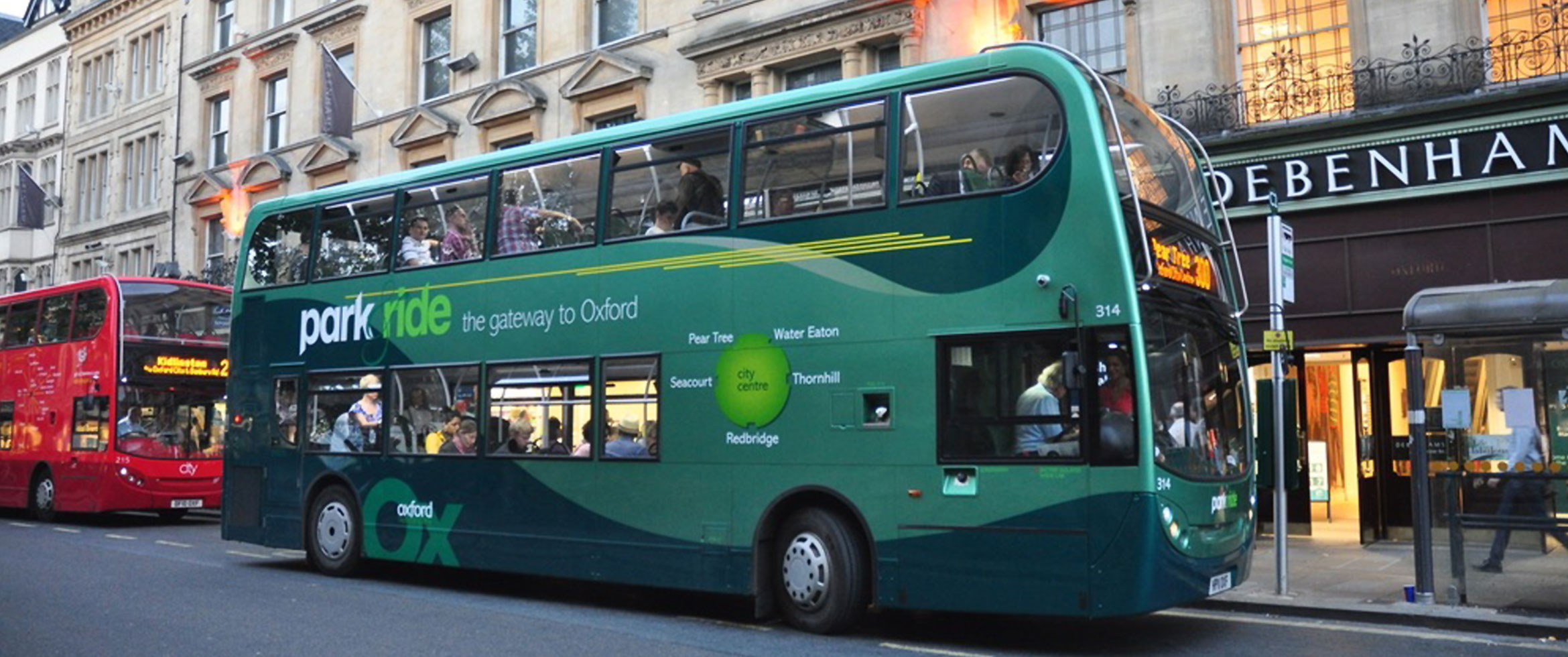Applying a Modified Moral Decision Making Model to Change Habitual Car Use: How Can Commitment be Effective?
Matthies, E., Klöckner, C., & Preißner, C. (2006). Applying a Modified Moral Decision Making Model to Change Habitual Car Use: How Can Commitment be Effective?. Applied Psychology: An International Review, 55(1), 91-106.
Is a Residential Relocation a Good Opportunity to Change People's Travel Behavior?: Results From a Theory-Driven Intervention Study
Bamberg, S. (2006). Is a Residential Relocation a Good Opportunity to Change People's Travel Behavior?: Results From a Theory-Driven Intervention Study. Environment and Behavior, 38(6), 820-840.
The Effectiveness of Soft Transport Policy measures: A Critical Assessment and Meta-Analysis of Empirical Evidence
Möser, G., & Bamberg, S. (2008). The effectiveness of soft transport policy measures: A critical assessment and meta-analysis of empirical evidence. Journal of Environmental Psychology, 28(1), 10-26.
Smarter Choices: Assessing the Potential to Achieve Traffic Reduction Using 'Soft Measures'
Cairns, S., Sloman, L., Newson, C., Anable, J., Kirkbride, A., Goodwin, P. (2008). Smarter choices: Assessing the potential to achieve traffic reduction using 'Soft measures'. Transport Reviews, 28(5), 593-618.
Successfully Changing Individual Travel Behavior: Applying Community-Based Social Marketing to Travel Choice
Cooper, C. (2007). Successfully changing individual travel behavior: Applying community-based social marketing to travel choice. Transportation Research Record, (2021), pp. 88-99.
Acceptability of single and combined transport policy measures: The Importance of Environmental and Policy Specific Beliefs
Eriksson, L., Garvill, J., & Nordlund, A. M. (2008). Acceptability of single and combined transport policy measures: The importance of environmental and policy specific beliefs. Transportation Research Part A: Policy and Practice, 42(8), 1117-1128.
The Effects of Non-Contingent Free Bus Tickets and Personal Commitment on Urban Bus Ridership
Bachman, W. , & Katzev, R. (1982). The effects of non-contingent free bus tickets and personal commitment on urban bus ridership. Transportation Research, 16A, 2, 103-108.



